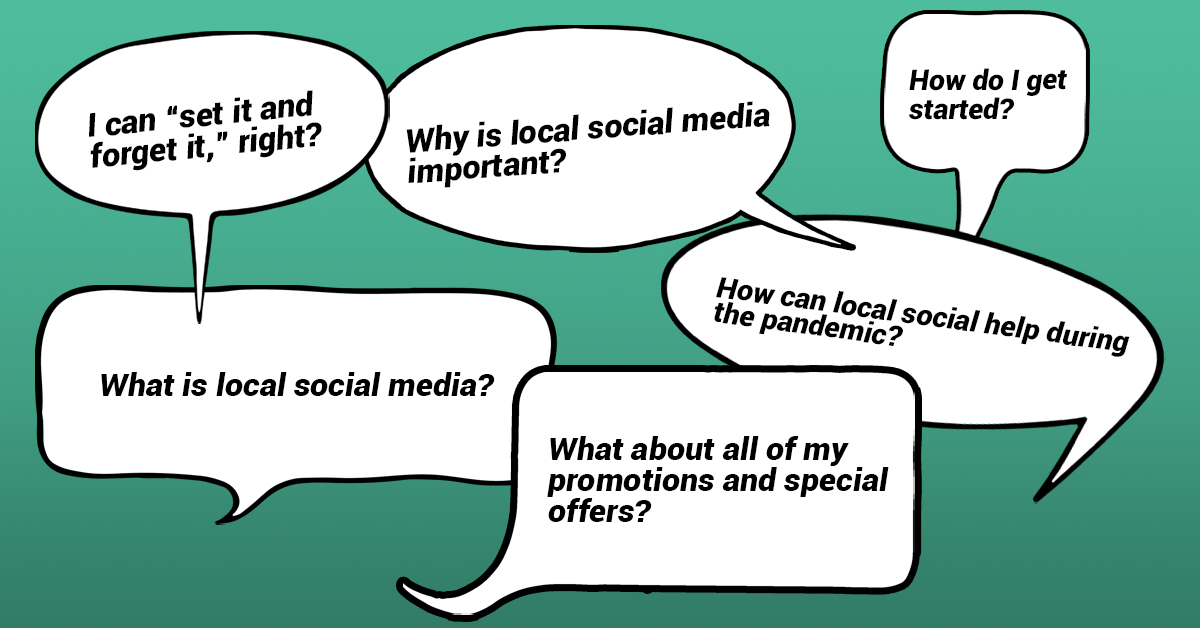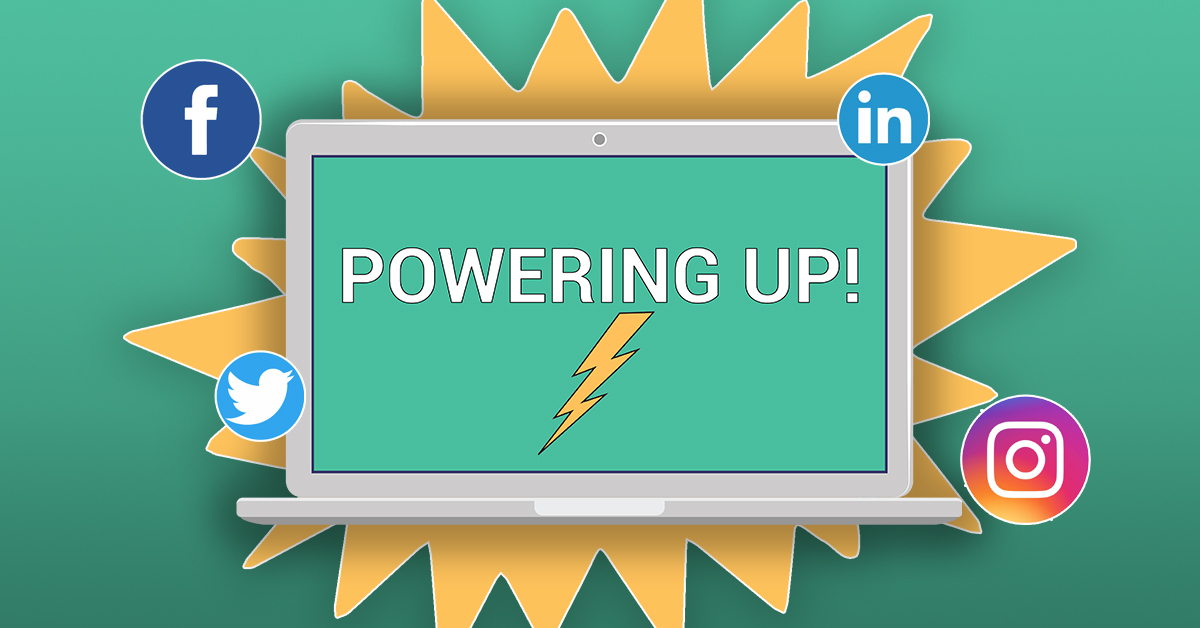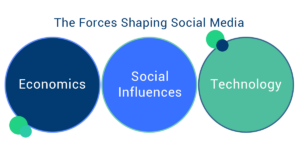If your customer response time is lagging on social media, your followers and customers are going to notice. Whether they’re looking to get questions answered or to leave a review, you can count on customers using social media as a customer service channel.
Is your customer response time fast enough for them? The typical recommendation is a customer response time of less than 24 hours. However, if you really want to impress them, you’ll want to pick up the pace even more.
Additionally, make sure you’ve got all your bases covered as far as responses go. Below, we’ve outlined six simple ways you can improve your customer response time and keep your customers happy.
But first, let’s look at why you should care about customer response time in the first place.
Why Customer Response Time Matters
It’s no secret that responding to your customers is important. If you have a successful business, naturally you have some type of system for customer support. For instance, maybe you have a support email and phone number for customer service inquiries.
However, it’s not enough to provide only email and phone support. The influx of support requests during the pandemic has led to a spike in customer service inquiries, and social media is a part of that equation.
With pandemic-related extended wait times over the phone and, sometimes, a delay in email response time, it’s critical that you enable your customers to reach you and have their issues resolved via social media. Whether they’re checking on shipment status, inquiring about refunds and exchanges, or looking for information on a product or service, customers are putting on the pressure to get answers, fast.
Intercom explains, “As the virus spreads around the world, many support teams are experiencing significant shifts in customer requests. In our survey, nearly half (47%) of support teams report that inbound volume has increased since the outbreak and by an average of 51% above their normal volume.”
Pandemic aside, a fast customer response time is one of the best ways to build customer loyalty. According to Gartner, customers are significantly more loyal when their expectations are met versus when their expectations are not met.
With loyalty, you increase the likelihood of customers sharing about their experiences on social media. From there, you increase your reach and the chances of acquiring new followers and customers.
It all begins with your customer response time and the quality of your responses. So, yes, it’s pretty important that you get this aspect of your business squared away sooner rather than later.
Read more: The 6 Most Common FAQ About Local Social Media, Answered

Automate Your Customer Responses
One of the first ways to improve customer response time on social media is to automate responses. Facebook will allow you to set up auto-responses to your frequently asked questions.
Think about the questions you field over and over again. Maybe they include:
- What are your hours?
- How do I make an appointment?
- Where are you located?
- Can I see a menu?
- Do you deliver?
With Facebook auto-responses, you can fill in the answers to FAQ and handle many customer service inquiries without having to lift a finger. Here’s a quick walk-through from Facebook to help you set these up.
Facebook points out that these instant replies are not included in your page’s response rate and response time. These are measures of how quickly and consistently you respond to messages. With a high response rate and fast response time, you earn a “Very responsive to messages” badge that you can display on your page.
Still, though, giving your customers quick answers will help to improve their satisfaction with your brand. In their eyes, you are providing a fast customer response time — even if Facebook isn’t officially recognizing your instant replies as part of your response metrics.
Did you know? 54% of social browsers use social media to research products. GlobalWebIndex
Respond to Direct Messages
The DM feature on your social media pages — Facebook and elsewhere — is a great way for customers to contact you directly without picking up the phone. And while instant replies can handle some of the incoming questions, they won’t cover every single issue.
That’s why it’s important to check your DMs and make sure you’re responding to them. It takes real humans to manage this task. You can either assign this job to someone in-house or outsource the work, but make sure you have it covered.
Responding to DMs quickly not only ensures optimal customer response time, but also improves customer satisfaction. Your customers will be less likely to leave a negative review if you handle their inquiries promptly and professionally.
Read more: 5 Easy Ways to Power Up Your Social Media Presence in One Hour or Less

Improve Your Library of Help Content
Within your auto-responses and any other automated customer service mechanisms such as live chat, you can also direct customers over to your help library online. That is, of course, if you have a help library.
If not, now is a great time to create one!
Help libraries are useful for answering any common questions, providing how-to tutorials, and explaining your customer service or shipping policies. You can keep this library continually updated, adding to it anytime you see a new customer service need.
In addition to providing text-based tutorials and answers, it’s a good idea to add video content to your help library. Many people prefer to watch a video rather than read something, and videos are another way to support your customers and improve your customer response time.
Respond to Social Media Engagements and Reviews
Yet another way that customers will seek out customer support is through your social media posts themselves. In some cases, customers are simply commenting on a post with something positive. Other times, they may actually be posting a question or a negative comment about your brand.
And in still other scenarios, customers may be leaving reviews of your company on a review platform like Google My Business or Facebook.
In any of these cases, you should respond to your customers quickly. For positive comments, express your thanks and let them know you’re eager to serve them again in the future. For anything negative, offer to help resolve the problem and make it right for the customer.
Avoid getting into back-and-forth arguments or being defensive. Try to take the conversation offline. Don’t fear negative feedback, however. It can be an opportunity to:
- Take the high road. Show that you’re willing to resolve problems quickly.
- Avoid having your comments and reviews appear “fake.” It’s rare that a brand never gets criticized.
- Consider the criticism as an opportunity to grow if the customer has a valid concern.
Utilize Social Media Management Tools
This is perhaps one of the best ways to ensure a better customer response time: Have everything housed under one roof.
Rallio technology gives you a single login to one central dashboard that will pull in all of your likes, comments, messages, reviews and other engagements. It also allows you to respond to them. Rather than having to log in to several different platforms and keep up with all of the above, you can keep everything organized.
Not only will you reduce your customer response time by having everything centralized, but you’ll save yourself a lot of time, too. You’ll also reduce the chances of anything slipping through the cracks.
Always Look to Improve Your Customer Response Time
The quicker you can respond to customers, the happier your customers will be. With a blend of personalized responses and speedy response times, you’ll gain customer loyalty and build your online reputation.
In addition to Rallio technology tools, you can work with our Rallio Local division if you’d like us to handle all your customer responses. Whatever your needs may be, we can find a solution that works for you.
